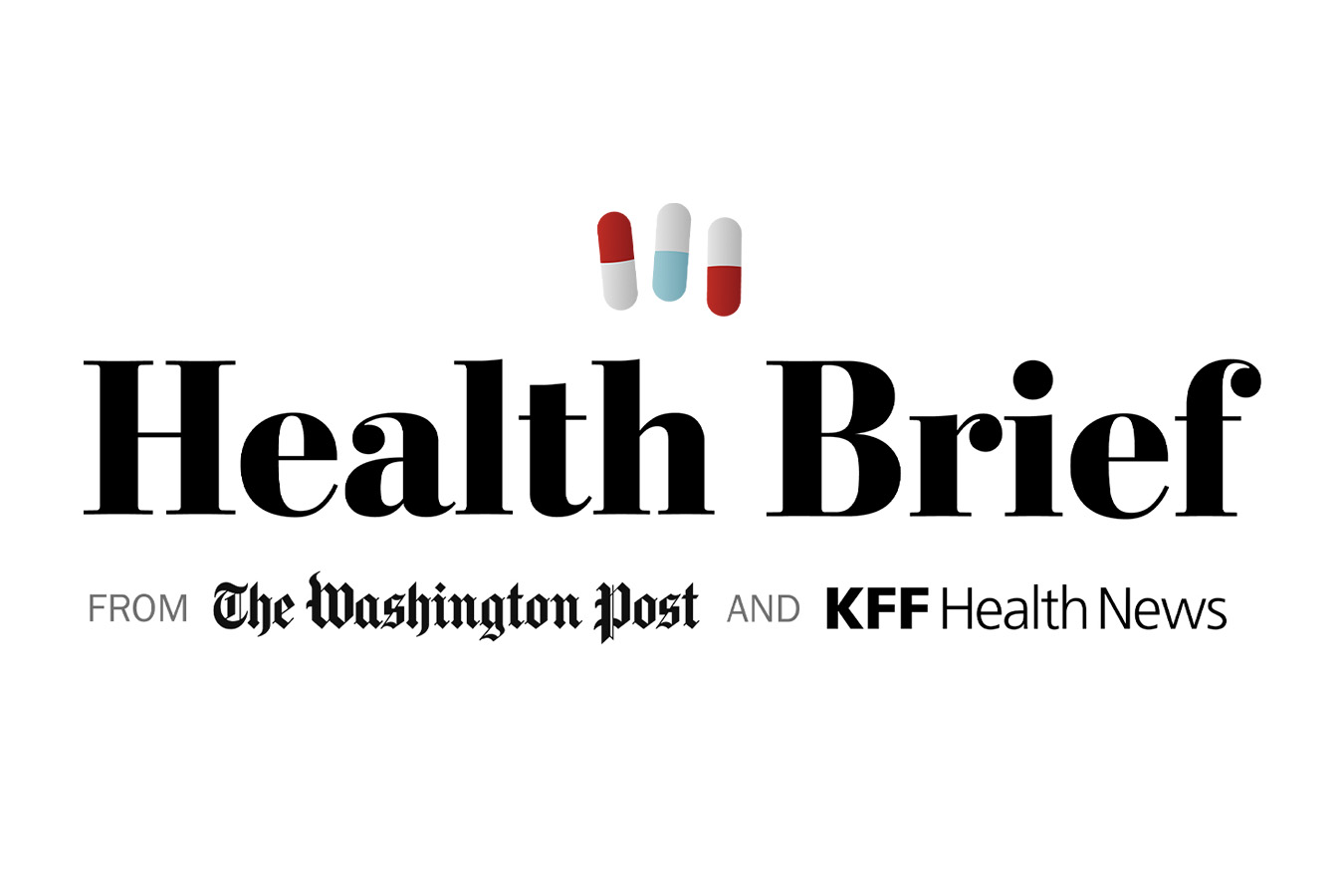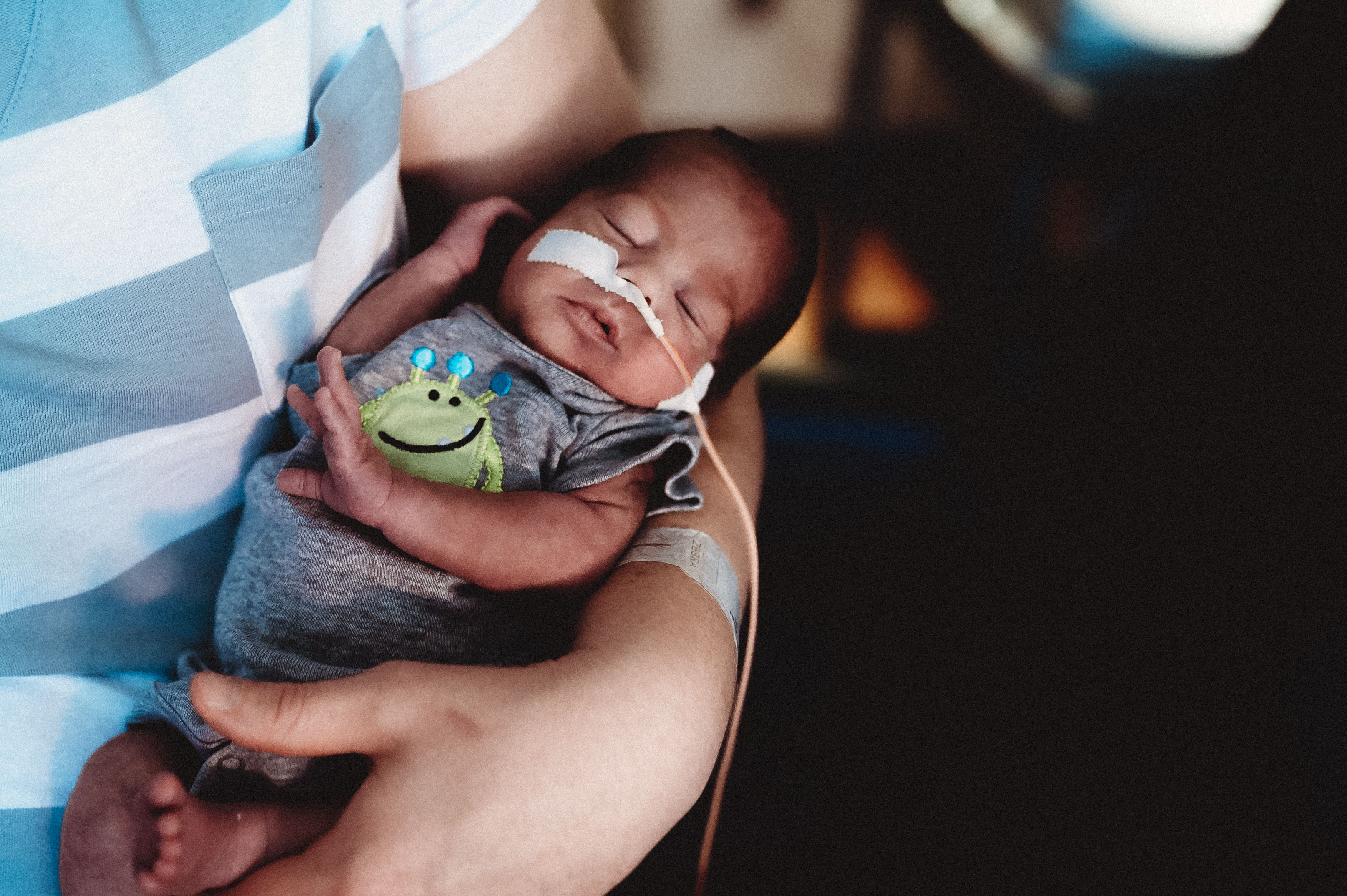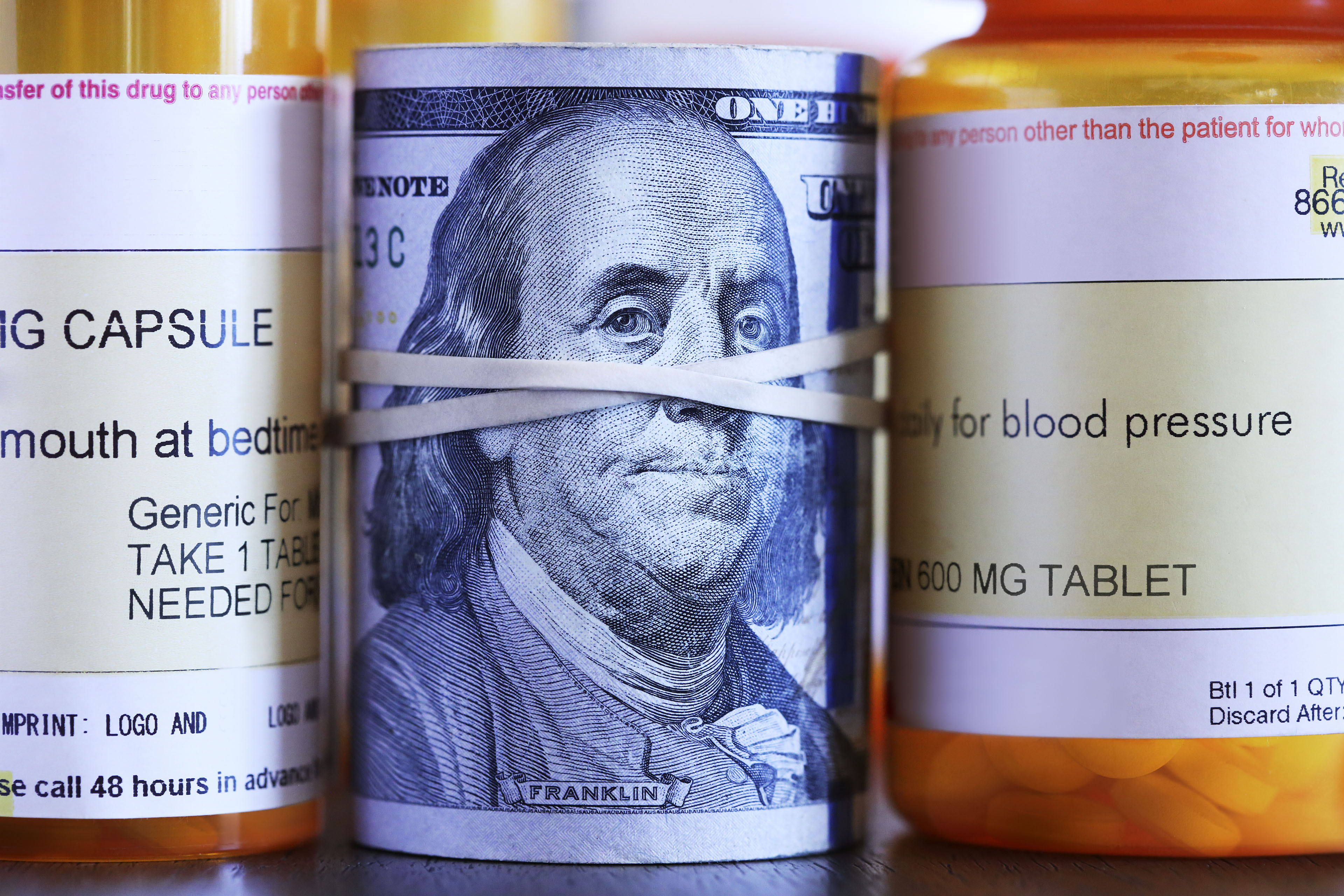As healthcare leaders, you are under immense pressure to deliver exceptional care amid rising costs and operational complexities. That’s why so many businesses leverage the power of SMS marketing.
Text messaging is a fast and easy way to reduce missed appointments and medication non-compliance. Plus, 20% of patients prefer receiving health information via text message, according to the HIPAA Journal.
But it can do so much more. Discover strategic and emerging applications in SMS marketing, and best practices that can help simplify your organization’s workload and streamline patient communications.
What Is SMS Marketing in Healthcare?
SMS marketing, or text messaging, helps healthcare organizations communicate with patients and prospects one-on-one via text messages, leading to better outcomes, improved trust, better compliance, higher satisfaction, and more efficient healthcare delivery.
Benefits of SMS Marketing
With its high open rates and immediate delivery, texting is an easy, affordable, and effective way to connect with patients and prospects quickly and personally. In fact, according to MobileSquared, 90% of SMS are read within three minutes.
Benefits include
- Higher open and read rates than traditional channels
- Immediate reach and real-time engagement
- Personalization opportunities to enhance patient experience
- Cost-effectiveness to maximize ROI
- Valuable patient data and insights to guide strategies
What’s more, integrating SMS marketing tools with reputation management platforms like Birdeye, Podium, and Solution Reach makes texting in healthcare more accessible than ever while ensuring privacy and compliance.
Now that we’ve covered SMS marketing essentials, let’s dive into the many ways you can leverage SMS to improve your marketing.
SMS Marketing Applications in Healthcare
Common Applications
You’re likely familiar with the following examples of SMS marketing in healthcare:
- Appointment scheduling, reminders, and confirmations to improve overall clinic efficiency and patient satisfaction.
- Medication adherence and refill reminders to improve patient outcomes and reduce healthcare costs.
- Patient intake forms to streamline administrative processes, enhance patient satisfaction, and reduce wait times.
- Test results notifications to facilitate timely aftercare.
- Patient education and wellness tips to foster long-term health, manage chronic conditions, and reduce hospital readmissions.
Strategic Applications
To further elevate your marketing strategy, consider these strategic applications:
- Care coordination updates to keep patients informed about care transitions, referrals, and appointment changes.
- Wellness programs to promote healthy behaviors and encourage participation in wellness initiatives.
- Insurance verification reminders to streamline administrative processes and improve patient experience.
- Emergency alerts and notifications to provide critical information during emergencies and ensure patient safety and preparedness.
- Patient surveys and feedback requests to gather valuable insights and identify areas for improvement.
- Referral marketing to incentivize patients to refer friends and family.
- Marketing promotions and offers to attract new patients and reward loyalty with exclusive offers.
- Payment and billing reminders to reduce administrative costs and improve payment collection rates.
- Encourage two-way communication by incorporating options for patients to reply with questions, concerns, or requests.
- Integrate with other communication channels (e.g., email and patient portals) to build a more comprehensive engagement strategy.
- Track campaign performance to refine messaging and measure engagement, conversion rates, and ROI.
Emerging Applications
Consider these emerging trends to further optimize your SMS marketing efforts:
- AI-powered campaigns
Explore the potential of AI to personalize text messages passed on patient data and preferences while maintaining HIPAA compliance. - Chatbot integration
Provide instant answers to patient inquiries and support requests by integrating SMS with AI-powered chatbots. - Virtual queuing to notify in-office patients of their estimated wait time.
- Wayfinding assistance to help patients navigate healthcare facilities.
By implementing these SMS marketing applications, healthcare organizations can significantly improve patient satisfaction, operational efficiency, and overall outcomes.
Additional Tips to Boost Engagement Use compelling visuals to enhance understanding and engagement.Use clear calls to action to guide patients to the next steps.Tailor the content and language to your target audience.Keep it short to improve readability and engagement.Proofread carefully to ensure accuracy and professionalism.Test and refine to identify what works best for your audience.
While the importance of SMS marketing in healthcare is apparent, to create impactful and effective campaigns for patient engagement, you must use it responsibly. Adhere to best practices, prioritize patient privacy, and obtain explicit consent to avoid common pitfalls.
Overcome Challenges and Maximize the Potential of SMS
Here is how you can overcome the challenges that come with SMS marketing and maximize its potential to achieve optimal results:
- HIPAA Compliance and Data Privacy
Your strategy must include HIPAA-compliant texting and a secure messaging platform. Period.
Rule #1: Establish a Business Associate Agreement with your SMS provider to protect your patient’s sensitive health information.
- Building Trust and Consent
Healthcare organizations must get explicit consent from patients before sending text messages. Transparency is key for fostering a positive relationship and improving patient engagement.
Rule #1: Clearly communicate the types of messages you will send and how frequently patients can expect to hear from you.
- SMS Marketing Etiquette and Frequency
Once you have communicated the type and frequency of your SMS marketing messages, stick to the plan.
Rule #1: Focus on delivering valuable, well-timed content that meets patient needs, preferences, and expectations. This will ensure that your communications are well-received and engaging.
- Measuring ROI and Campaign Optimization
Leverage key performance metrics to evaluate the effectiveness of your SMS campaigns.
Rule #1: Monitor open rates, response rates, and patient feedback and leverage this performance data to refine strategies, optimize campaigns, and achieve better results.
By implementing innovative and emerging SMS applications, following best practices, and prioritizing HIPAA compliance, your healthcare organization can significantly boost patient engagement and outcomes through SMS marketing.










![Healthy No-Bake Mint Chocolate Truffles [high protein + no added sugar]](https://healthyhelperkaila.com/wp-content/uploads/2024/08/IMG_1902-e1724891697681.png)








 English (US) ·
English (US) ·